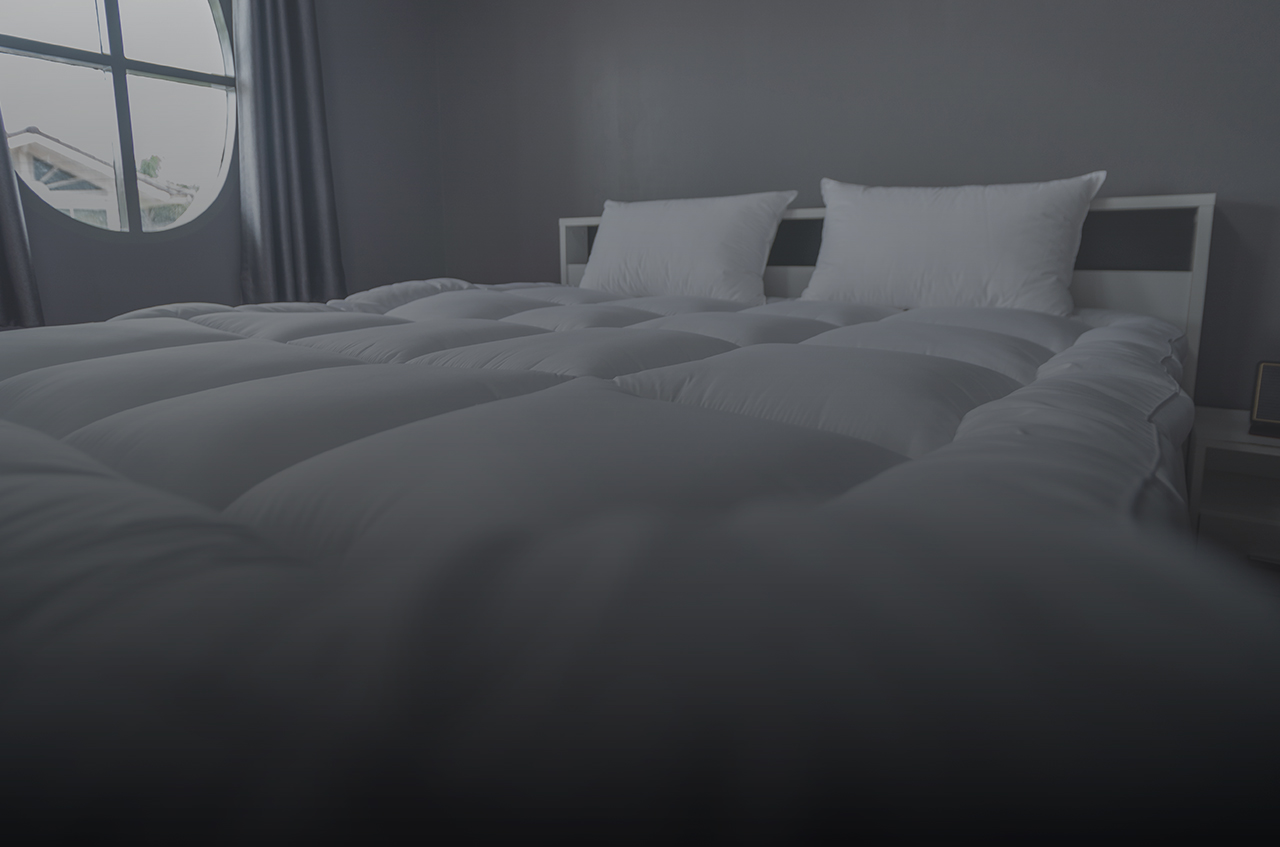In addition to your mattress, your sleeping position can play a role in snoring. One study revealed that elevating your head while sleeping can reduce snoring. Some people also use a nasal device, which may or may not be uncomfortable while sleeping.
When you find a high-quality mattress, it should last around seven years or a bit longer. Make sure you combine it with a medium to high-loft pillow that will elevate your head enough to keep your airways open while sleeping.
An anti-snore wristband, such as Sleep Connection, is another popular option that is both comfortable and effective. Sleep Connection is a scientifically-designed biosensor that distinguishes and detects loud sounds. It then sends smooth pulses to the body to stop snoring without disturbing sleep. In combination with your new mattress, you or your loved one may never snore again and will be sure to wake up feeling renewed.
